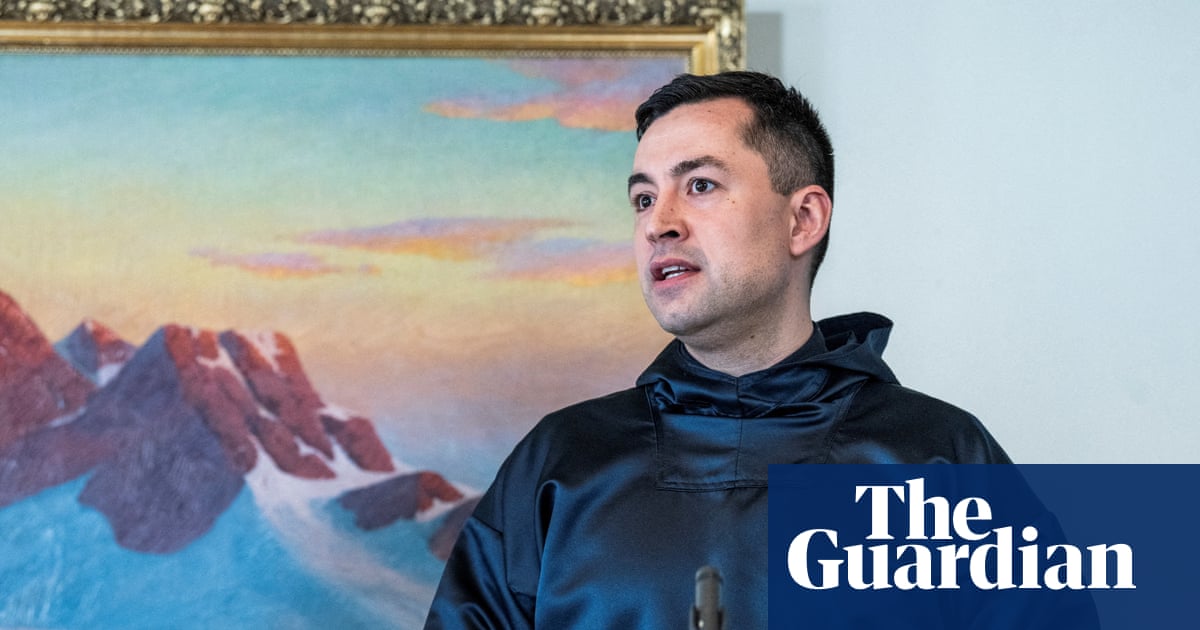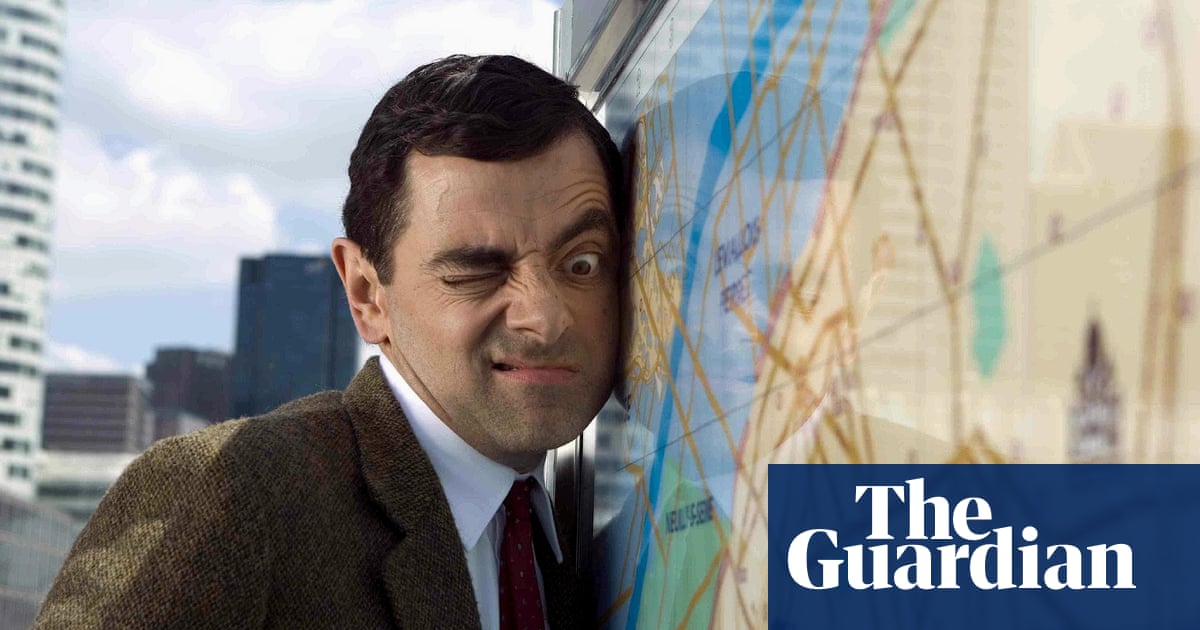Our mistake was to think we lived in a better country than we do. Our mistake was to see the joy, the extraordinary balance between idealism and pragmatism, the energy, the generosity, the coalition-building of the Kamala Harris campaign and think that it must triumph over the politics of lies and resentment. Our mistake was to think that racism and misogyny were not as bad as they are, whether it applied to who was willing to vote for a supremely qualified Black woman or who was willing to vote for an adjudicated rapist and convicted criminal who admires Hitler. Our mistake was to think we could row this boat across the acid lake before the acid dissolved it.
We knew what the problems were, and we wanted to fix them. The principal problems that got us to this bleakest moment in American history are intertwined. They are the crisis of masculinity, the failure of the news media and the rise of Silicon Valley, and in a way they are all the same problem.
The media might be the simplest to describe. A democracy requires an informed citizenry, and the US media over the past eight years in particular created an increasingly misinformed citizenry.
When people are more concerned that a trans girl might play on a softball team than that the climate crisis might profoundly devastate the biosphere and much of life on it, human and otherwise, for the next 10,000 years, the media has failed. When people worry about crime when it is low, an economy when it is thriving and immigrants when they do much of the hard work that sustains that economy and commit fewer crimes than the native-born, the media has failed to reach them.
When it came to Donald Trump, they went easy on him, and they again and again let him and the far right set the agenda. They constantly treated asymmetrical issues as symmetrical ones – if the Democrats resisted Republican outrages, both sides were “polarized”. In the media everything had two sides, even if one side was the truth and the other was the lie, one side was the human rights or the law and the other side was their violation.
They went soft on Trump’s criminality and incompetence, and his sheer volume of scandals meant that the past ones were forgotten as the next one erupted. He would not have won his 2016 minority victory had the US news media adequately conveyed that Trump was not the fun fictional character in the reality TV show The Apprentice; he was a serially bankrupt man repeatedly accused of sexual assault with a lot of criminal ties and a history of not paying his bills, being helped on by the Vladimir Putin regime, which had itself seriously corrupted the information environment of the election.
Of course what the Putin regime did with its hacking and leaking, its troll farms stirring up strife and spreading misinformation, was exploit vulnerabilities that Silicon Valley had created, and that Silicon Valley was not interested in fixing as long as the profits rolled in. Silicon Valley was created by white men and perhaps because the immensely wealthy titans of the industry that arose initially seemed harmlessly nerdy, or perhaps because the US government at the time when the mega-corporations arose was so neoliberal, they were never held in check as their enterprises came to dominate the world in significant ways.
Social media arose like a school of sharks in the information pool and began to devour the economic base of the mainstream media, to undermine the filtration systems that had limited the spread of hate, lies, misinformation and disinformation. But to talk about it as an information pool is to underestimate how much it has changed consciousness itself, how addictive and how distorting it is, how it manipulates values and emotions and beliefs.
Young men seem particularly vulnerable to its offerings, and many dank corners of the internet recruit them into misogyny and white supremacy via influencers and incel subcultures, into antisemitism and conspiracy theories, and more than that into becoming unmoored, destabilized, unwell, isolated.
The Maga right with its indifference to the normal issues of good governance and its preoccupation with clickbait distractions is an online monster and it has succeeded in creating a more angry, aggressive form of masculinity, one more convinced that debasing and dominating women is essential to its identity, whether in porn or in Trump’s fantasizing aloud that Liz Cheney should face a firing squad and Harris face Mike Tyson. The endless memes of Trump as Rambo and rescuers and Jesus show how much the lost boys and Maga women want an authoritarian leader, and the fact they can make one out of the physically and mentally pathetic Trump is a testimony to the power of tech-fueled fantasy.
Of course Silicon Valley, media and the crisis in masculinity converge in Elon Musk, who used his ownership of Twitter and his monstrous wealth to push Trump’s campaign along and who apparently intends to be the power behind the throne. Musk has become increasingly unhinged and far-right himself. Strikingly, two other men close to Trump have also become increasingly delusional – Tucker Carlson with his recent claims about being attacked by demons, and Robert F Kennedy Jr, with his nonsensical rantings about fluoridation and racist claims about Covid-19. JD Vance, formerly a not very successful venture capitalist, was chosen by Silicon Valley oligarchs as Trump’s vice-president and himself seems to have become a far-right extremist with an obsession about obligatory childbearing.
They appear to be deeply damaged people and they have come to damage everything else, including the climate; human rights, especially women’s rights, trans rights and immigrants’ rights; and the US economy. The rest of us and the rest of the world will be the cleanup crew because men like this never clean up after themselves.
-
Rebecca Solnit is a Guardian US columnist. She is the author of Orwell’s Roses and co-editor with Thelma Young Lutunatabua of the climate anthology Not Too Late: Changing the Climate Story from Despair to Possibility

.png) 2 months ago
23
2 months ago
23













































